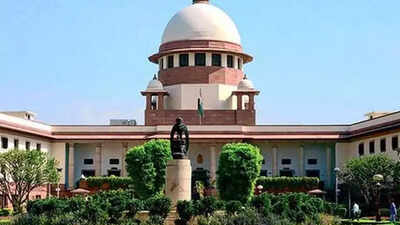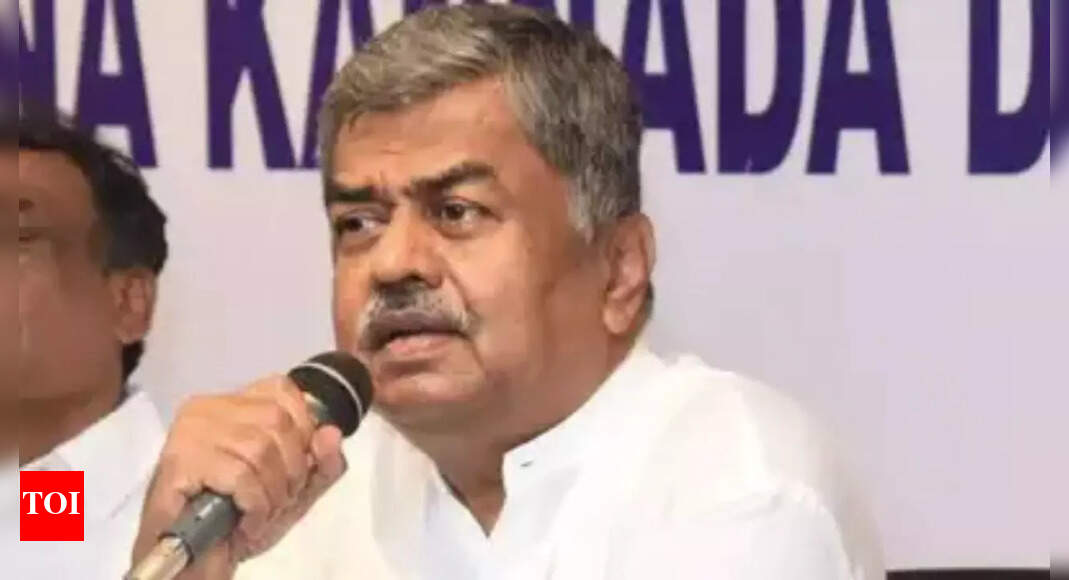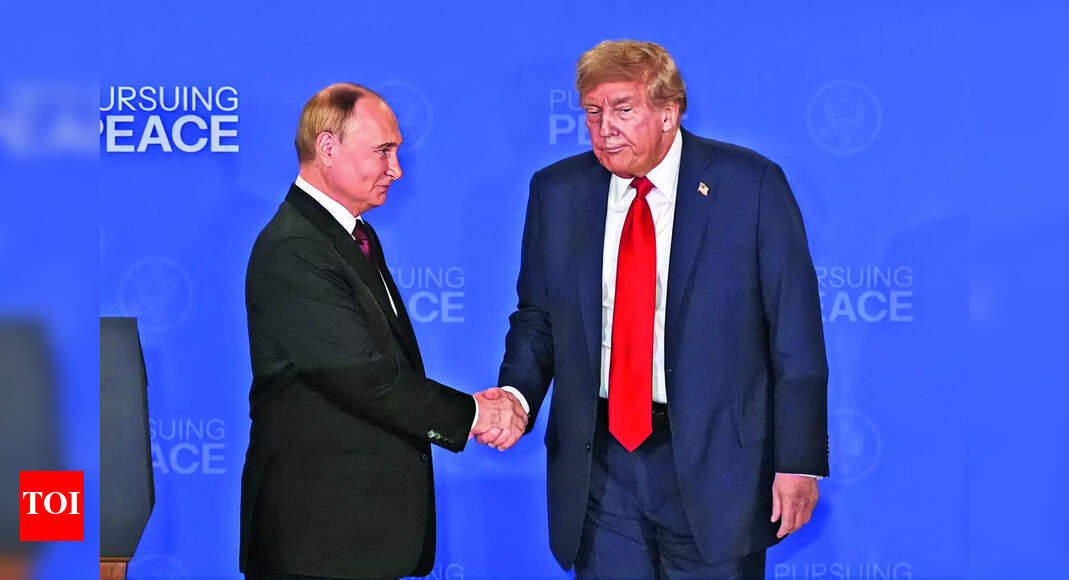SC’s interference in Prez-guv powers will destabilise power balance: Govt | India News

NEW DELHI: In a blazing response to Supreme Court’s judgment fixing deadlines for President and governors in granting or withholding assent to bills passed by assemblies, Centre on Saturday warned impermissible invasion of constitutionally conferred high plenary zone on the top constitutional post holders by SC in the garb of judicial review powers would destabilise the balance of powers among the Legislature, the Executive and the Judiciary.“A wide-ranging judicial review of assent procedures, either post-assent or at a stage anterior to the grant of assent, would potentially destabilise the constitutional balance between organs of State. It would create an institutional hierarchy and upset the constitutional balance of powers between the three organs,” it said, adding the judiciary does not hold keys or solutions for every conundrum that may arise in a democratic society.Objecting to the manner in which SC used its exclusive powers under Article 142 to arrogate itself the power to amend the Constitution to fix deadlines for the President and governors in granting or withholding assent to bills and grant “deemed assent” to 10 Tamil Nadu bills, the Centre said, “Article 142 does not empower the court to create a concept of ‘deemed assent’, turning the constitutional & legislative process on its head.”In its written submissions filed Saturday in support of President Droupadi Murmu’s reference raising 14 queries to situations arising after the contentious Apr 8 judgment by Justices J B Pardiwala and R Mahadevan, Centre said exercising judicial powers over decisions of the President and governors in relation to bills would confer supremacy on judiciary, which is against the Constitution’s basic structure, a red line that cannot be crossed by any organ of governance.“The classical notion of judicial review cannot be lifted and applied to assent as the factors at play during the grant or withholding of assent have no legal or constitutional parallel. The unique duality of assent thus deserves a uniquely calibrated judicial approach,” it said. It said each of the three organs of governance derive power from the Constitution, which does not assign any higher pedigree or superiority to any one organ that would enable judiciary to relegate the high position of gubernatorial post to a subservient one. Issues relating to bills, with regard to decisions of the President and governors, “deserve political answers and not necessarily judicial,” the Centre said.Certain political questions may arise in the exercise of the core functions of any of the three organs, and these would have been answered through democratic remedies under the Constitution. The judiciary, in the zest of finding a solution to every problem, cannot brush aside the essential constitutional feature of separation of powers, the Centre said.Though some overlap has happened over the years despite clear separation of powers envisaged by the Constitution, the powers and limitations of these three organs flow from the same constitutional text without ascribing “any higher pedigree or superior legitimacy to any organ”, it said. Notwithstanding the overlap, certain zones remain exclusive to each – Legislature, Executive and Judiciary, it said, adding none can trench upon the domain exclusive to another. Disapproving the manner in which the Tamil Nadu governor was treated in SC’s Apr 8 judgment, the Centre said governors are not foreigners in states, not just emissaries of the Centre but represent national interest and democratic will in states as part of national fraternity.“When the Constitution seeks to impose time limits for taking certain decisions, it specifically mentions such time limits. On the other hand, when it designedly sought to keep the exercise of powers flexible, it did not impose any fixed time limit. Since the text of Art 200 or 201, does not provide a specific time limit, no form of judicial review or judicial interpretation can impose the same.” it said.







